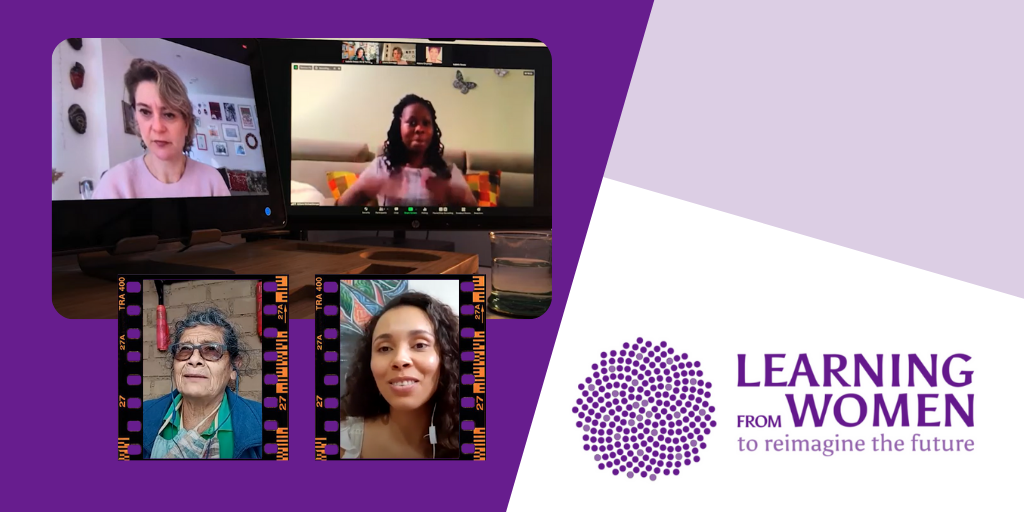
By Isabela Souza
This piece was originally published in the February 2021 issue of the INTRAC newsletter. Subscribe today to receive new issues in your inbox.
What I like most about my work in international development is to travel, to experience different places, to meet new people, to hear their stories, to taste the food they eat, to try the clothes they wear and to bring a sense of what is happening there back to the UK. When we entered our first lockdown last March, I found myself stuck here.
Not only that, I also saw myself having to deal with the ‘we know better’ mindset, which is one of the things I dislike most about my work. It drives me crazy to be part of conversations that propagate the colonialism mindset – the notion that ‘we can teach them how to do better’ and that ‘we have nothing to learn from them’. The thing is, I represent both the ‘we’ and the ‘them’. I’m a British woman working in international development and, at the same time, I am also a Brazilian who wants her country and others in a similar situation to do better.
As people say ‘necessity is the mother of invention.’ After recording a webinar with Laura Somoggi, a gender expert who is a fellow Brazilian and a dear friend of mine also living in London, we had an idea. What if we turned this lockdown constraint into an opportunity to reach out online to other women around the world? We could hear their stories and be inspired by their work to make the world a better place for people and the planet. This would also give us a chance to demonstrate that we can learn from women in countries without a very high human-development index adjusted for inequality, rather than just learn about them. Voilà, Learning from Women to Reimagine the Future was born.
In our first video series, we talked with five women from different sectors in five different countries: an agronomist who owns an organic dairy family business and works with a cooperative of farmers in the Andean mountains in Peru; a teacher in a rural Afro-descendants’ area (Quilombolas communities) in Brazil teaching philosophy through spoken stories of the students’ grandmothers; a deaf human rights and gender activist who became a lawyer and joined a political party to be the voice of disabled people in Kenya; a photographer, videomaker and adventurer who was the first woman to cycle solo in Egypt; and in India, an architect and the vice-president of an NGO developing housing and habitat projects that are people and nature-centric.
Each of these women had amazing stories and very different experiences. A common thread of their messages is the importance of decolonising knowledge and looking at the direction of development from inside/out, rather than outside/in. For example, in Peru, María Isabel Quiroz Cisneros told us of growing up farming 15 crops in the same area, like the Incas, and her shock when she got to University and was taught about monocultures and the use of chemicals. Now she says academics are studying about multi-crop plantations, but she does not need to study it, because she knows how to do it, she has already experienced it.
Another common element of their messages is the respect for the connection between the ‘I – We – All of Us’ which exists across civilisations and cultures around the world. For instance, Maria Isabel Gonçalves – the teacher from Brazil – shared with us the Ubuntu African Philosophy: ‘I am because you are.’ I hope these videos provide an opportunity for all of us to reconsider what we understand as knowledge, and to recognize that there is no ‘we’ or ‘them’. In essence, we are all the same. We are all human beings.
Isabela Souza is part of INTRAC’s pool of independent consultants. She helps organizations put learning into action, throughout the design, implementation and evaluation of their programmes. With a focus on the interface between environment and international development, Isabela has a 20-year portfolio career spanning the oil sector, consultancies, academia and NGOs. She is passionate about creating new ways of working for an equitable and just planet.